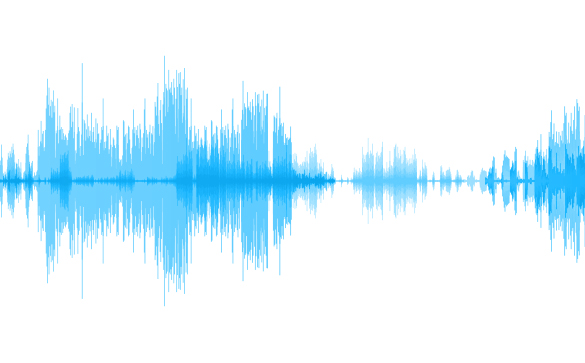Kids need to be trained on how to find child-specific information from credible sources, according to a study in the Journal of Nutrition Education and Behavior

Credit: Journal of Nutrition Education and Behavior
Philadelphia, May 6, 2020 – Children looking for health information online could end up more prone to obesity. A new study in the Journal of Nutrition Education and Behavior, published by Elsevier, shows a lack of digital health literacy can lead children to misinterpret portions, adopt recommendations intended for adults, or take guidance from noncredible sources.
Researchers recruited 25 children ages 9-11 years old from a summer youth camp, with their parents’ permission. Parents said the children use the internet for an hour or two several days week, both at home and in school.
“We ran this study to see whether children could find the correct answers to obesity-related health questions online, plus see how they go about searching for such information,” explained lead study author Paul Branscum, PhD, RD, of Miami University, Oxford, OH, USA.
What Professor Branscum and his colleague found surprised him. Even with the internet at their fingertips, only three children could correctly say how many food groups there are and name them, and none of the children could correctly say how much of each food group they should eat.
Each question was first posed to the children without using the internet to see how much they already knew on their own. On one question, “How much physical activity or exercise should you get each day?” the number of correct responses actually went down after they used the internet. Eight children changed their answers from correct responses to incorrect ones when they didn’t recognize the difference between guidance for adults and children.
“What also surprised me that I hadn’t expected at all was how often children went straight to Google Images to find the answers to certain questions,” Professor Branscum said. “Some kids would do the search then not even look at the search results but click on the Images tab and just use that information, looking through the images to get their answer.”
Researchers gave one parent per child a standard print survey known as the Health Literacy Skills Instrument. It tested their own nutritional knowledge, as studies have shown parents’ nutritional literacy can impact children. All of them rated as either “basic” or “proficient” on a three-point scale.
Professor Branscum says this research points to real vulnerabilities in our nutrition education system and possible future problems in our public health system, as lack of knowledge in our children today can lead to health problems in our adults tomorrow.
He plans to continue his work in this field by developing a program to teach children these digital literacy skills, including how to tell which sources are credible, looking for child-specific recommendations, understanding portion size, and perseverance to keep searching until you find the information you are looking for.
###
Media Contact
Eileen Leahy
[email protected]
Related Journal Article
http://dx.




